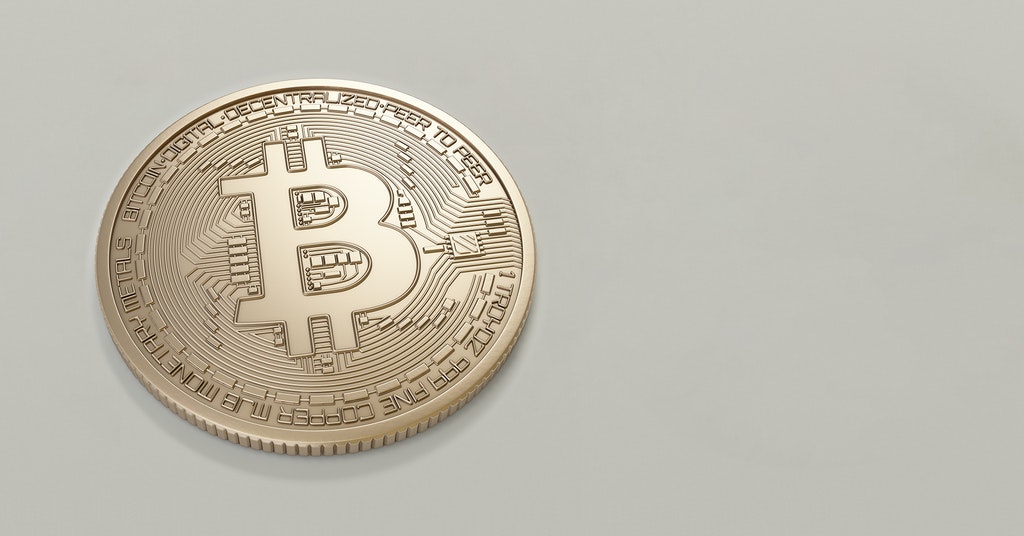Today, we present you with a thorough selection of the best online crypto-wallets. You can find both external and internal crypto-exchange wallets on this list

Top 7 hot crypto wallets. Source: pexels.com
In the early days of crypto trading, parties often needed to meet in person to conduct any transactions. Thankfully, now a number of platforms facilitate this process making it fast, simple, and quite secure.
Most exchanges offer their proprietary crypto wallets, while independent wallet providers try to cooperate with exchanges for seamless connectivity. Among the variety of choices on the market, a few wallets stand out with their exclusive features.
1. Exodus
Exodus is suitable even for beginners with its intuitive interface, clear design with a few themes to choose from, over 130 cryptocurrencies available, and a built-in exchange. The easy-to-read portfolio section also shows price graphs for different crypto assets. Despite the absence of technical terms, Exodus allows those new to crypto to understand the basics and perform daily trading.
The wallet has both desktop and mobile versions, giving you 24/7 access to your digital assets. The desktop version has additional perks such as the app explorer that makes it easy to find and use crypto apps within the Exodus wallet. These apps can be used for earning interest on your coins, betting, etc.
With security being the main concern for all hot crypto wallets, Exodus partnered with Trezor to bring an exclusive user experience. It’s compatible with Trezor One & Model T and even allows you to manage multiple Trezor devices simultaneously. This lite wallet is easy to install as you don’t need to download the whole Blockchain to your device. Exodus is also appreciated for its efficient customer support. If you need help, real human assistants will guide you at any time of the day.
2. Electrum
One of the oldest existing crypto wallets serves the single purpose of storing Bitcoin. Despite the absence of multiple functions, it has a higher security level than most other software wallets. Electrum is also highly customizable. Users can set custom transaction fees, choose between legacy Bitcoin and Segwit as well as add security features like 2FA, PIN code, QR code, passphrase, or multi-signature.
You can even elongate your seed phrase with custom words. The wallet even gives the unique possibility of exporting private keys, so that they can be used in other bitcoin wallet clients, without having to transfer the funds to a new wallet.
Electrum also allows the combination of hot and cold storage. You will need to install Electrum on both offline and online systems. That will provide you with an offline wallet that holds your Bitcoins and a watching-only online wallet that is used to view its history and to create transactions. The latter has to be signed with the offline wallet before being broadcast to the online one.
3. Mycelium
Mycelium is non-custodial. It also claims to be reproducible, though this statement is still questionable. At least, Wallet Scrutiny couldn’t verify this fact for the latest wallet version. This mobile-only Bitcoin wallet is easy to use. It has a built-in exchange too. The wallet shows advanced transaction history with complete transaction details.
It enables NFC functions and supports several blockchain explorers. Another good thing is that Mycelium offers support for hardware wallets such as Trezor, Ledger, KeepKey, as well as paper wallets and watch-only accounts.
For the purpose of confidentiality, Mycelium makes it difficult to track your balances and payments by rotating the addresses you use. You should use a new Bitcoin address every time you request payment. It also allows you to set up and use Tor as a proxy to prevent attackers from linking your payments to your IP address.
4. Wasabi
Wasabi is an open-source, non-custodial Bitcoin wallet for desktops. It creates trustless CoinJoin transactions over the Tor anonymity network. Therefore, privacy-minded bitcoiners can protect their identities. Users can store and trade bitcoin within the same wallet solution. A minimum transaction value here is 0.1 BTC, so you need to have at least this sum to participate. Customers may use Wasabi in combination with a Trezor hardware wallet to maximize security and privacy.
The only drawback is that such an efficient anonymity tool is naturally used for many darknet activities. As quite a lot of them may be illegal, the wallet attracts the attention of regulators and law enforcement agencies. In particular, Europol is actively monitoring Wasabi transactions.
In its recent report, Europol admitted Wasabi Wallet “is a very effective decentralized Bitcoin mixer with many privacy-focused options,” and “provides possibly the most convenient and secure way to mix Bitcoins.” Still, such scrutiny may become unfavorable for the service in the future.
5. Coinbase
The Coinbase mobile wallet for iOS and Android allows you to access your Coinbase account to send, receive, buy, and sell Bitcoin. It’s a viable solution for the vast 43-million customer base of the global crypto exchange. Despite being provided by an exchange, the wallet itself is non-custodial. Thus, the private keys are stored directly on your mobile device and not with a centralized entity like Coinbase.com.
Moreover, you do not necessarily need a Coinbase.com account to use Coinbase Wallet. Though if you do, you can use the wallet for seamless trading. Currently, this wallet supports Bitcoin, Bitcoin Cash, Litecoin, Ethereum, Ethereum Classic, XRP, Stellar Lumens, Dogecoin, and all ERC-20 tokens (including USDC and DAI). The good thing is that all digital currency that Coinbase holds in its online hot storage is insured. That means, you will get a refund if the exchange gets hacked and your crypto is stolen.
With the recent introduction of in-app lending on platforms like Compound and dYdX, the Coinbase wallet is a great mobile choice for all those interested in DeFi. Users can access these apps through Wallet’s built-in decentralized application (Dapp) browser or via WalletLink on desktop.
Pick a coin to lend, pick a smart contract, and enter the amount you wish to lend. Your crypto is deployed directly to the smart contract to start earning interest at rates ranging up to 6% APR.
6. Trust Wallet
Another exchange-based crypto wallet is connected to Binance. This mobile-only wallet can be also used as a browser for decentralized apps. The app supports 40 blockchains and 160k+ assets. Moreover, users can earn interest in their stored crypto assets.
The most recently added feature is support for Binance Smart Chain—the blockchain parallel to Binance Chain that enables the creation of smart contracts and the staking mechanism for BNB. Trust wallet is a non-custodial self-hosted resource. It has native TWT tokens too. Since March 2020, Trust Wallet users have earned tokens by social mining, such as referring new crypto users and educating them about the crypto ecosystem.
7. eToro
This multifunctional wallet allows customers to buy, store, receive and transfer around 120 cryptocurrencies and trade over 500 currency pairs. You don’t even need to log in to exchange to become a crypto-owner. Simplex, a third-party service provider which facilitates credit card purchases, partners with eToro to enable direct crypto purchases in the eToro Wallet app.
The eToro mobile wallet is based on a multi-signature solution. The only significant drawback is that the crypto you transfer from the eToro platform to its proprietary wallet cannot be sent back to the trading platform. You can send coins to an external wallet or swap them directly within the wallet.
The wallet is also custodial, so you don’t have a private key and full control over your funds. Naturally, it isn’t suitable for long-term storage but is perfectly functional for quick crypto transactions.
SEE ALSO:









